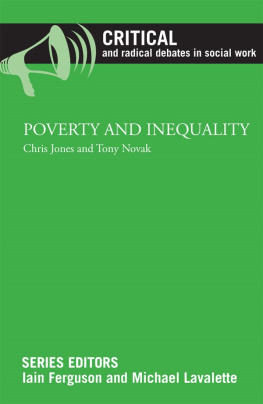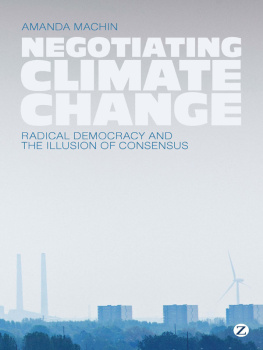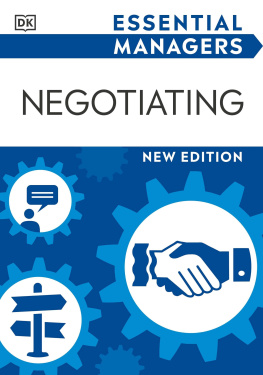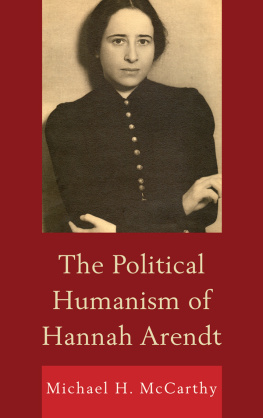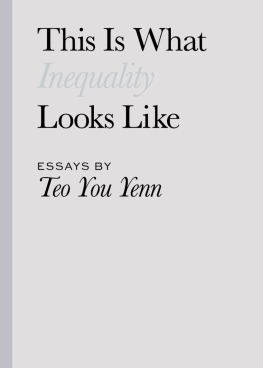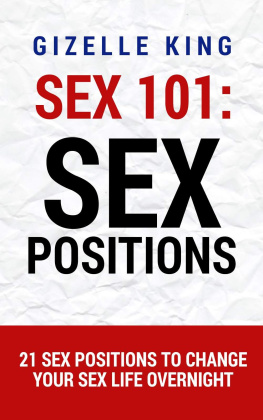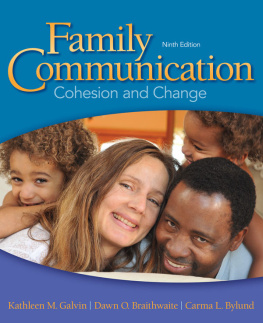NEGOTIATING COHESION,
INEQUALITY AND CHANGE
Uncomfortable positions in local
government
Hannah Jones
First published in Great Britain in 2013 by
Policy Press University of Bristol 6th Floor Howard House Queens Avenue Clifton Bristol BS8 1SD UK Tel +44 (0)117 331 5020 Fax +44 (0)117 331 5367 e-mail
North American office: Policy Press c/o The University of Chicago Press 1427 East 60th Street Chicago, IL 60637, USA t: +1 773 702 7700 f: +1 773-702-9756
Policy Press 2013
British Library Cataloguing in Publication Data
A catalogue record for this book is available from the British Library
Library of Congress Cataloging-in-Publication Data
A catalog record for this book has been requested
ISBN 9781447320616 ePUB
ISBN 9781447320623 Kindle
The right of Hannah Jones to be identified as author of this work has been asserted by her in accordance with the 1988 Copyright, Designs and Patents Act.
All rights reserved: no part of this publication may be reproduced, stored in a retrieval system, or transmitted in any form or by any means, electronic, mechanical, photocopying, recording, or otherwise without the prior permission of Policy Press.
The statements and opinions contained within this publication are solely those of the author and not of the University of Bristol or Policy Press. The University of Bristol and Policy Press disclaim responsibility for any injury to persons or property resulting from any material published in this publication.
Policy Press works to counter discrimination on grounds of gender, race, disability, age and sexuality.
Cover design by Qube Design Associates, Bristol
Front cover: image kindly supplied by www.alamy.com
Readers Guide
This book has been optimised for PDA. Tables may have been presented to accommodate this devices limitations.
Image presentation is limited by this devices limitations.
Contents
List of acronyms
Notes on the author
Hannah Jones is an Assistant Professor in Sociology at the University of Warwick. She previously worked in local government in inner London, and has held positions as a Visiting Scholar at the Institute for Public Knowledge, New York University; Research Associate in the Faculty of Social Sciences at The Open University; Teaching Fellow in the Department of Sociology, Goldsmiths, University of London; and Research Associate at the Centre on Migration, Policy and Society, University of Oxford. Her research interests include identity and belonging, urban studies and regeneration, local government, migration policy and community development. She is co-editor of Stories of cosmopolitan belonging: Emotion and location.
Acknowledgements
It has taken a long time to get this book into this form, and many many people have helped me to get here, directly or indirectly. The importance of the warmth, support and generosity of the colleagues and friends I have gained through working on the research in this book cant be underestimated. I was fortunate enough to be working on this research in a collaborative, supportive and exciting cohort of postgraduate researchers in sociology at Goldsmiths, and in other research networks, particularly NYLON and the Race, Ethnicity and Post-colonial Studies Group, which together created a research culture and group of friends without whom the work on this book would have been a much harder, less enjoyable and less fulfilling experience. Too many people to mention, but I wouldnt have enjoyed, and may not have survived, the intellectual (and beer-soaked) ride quite so much without Vanessa Arena, Alex Rhys-Taylor, Christy Kulz, Naaz Rashid, Ben Gidley, Suzi Hall, Adam Kaasa, Malcolm James, Kim Keith, Joe Deville, Allan Day, Yael Gerson, Will Davies and Anamik Saha. I want to thank Emma Jackson in particular for being an excellent colleague, sounding board and support, especially in these treacherous post-PhD years, as well as a fabulous friend.
Other friends have also helped me to survive, listened to me whinge, made me relax, tried to guess the title of my PhD thesis through the medium of charades, held the kick pads week after week, and generally allowed me to be a human being as well as occasionally being drafted in to remind me when my writing, talking or thinking turned impenetrably academic. Special thanks for their work at keeping me sane are due to Anne Malcolm, Anneliese Dodds, Jennifer Sheddan, Rachel Bate and Ambia Ali.
I really appreciate the support, encouragement and love of my family. I couldnt have done this without Judith Kahns emotional support, inspiration, emergency financial aid, laughs, scrabble and hugs; without Carla and Gwen Jones sisterly support, sisterly teasing, mind-reading, in-jokes and friendship; without Rick Jones and Nicky Roys support, interest and sustenance; or without Hrishikesh Jones taking me on his adventures, sharing his ideas and discoveries, and being the best brother ever.
The book, and I, owe a massive debt to both Michael Keith and Marjorie Mayo, who not only guided my research and intellectual process, but did so with generosity, care and responsibility that is a model for what academics, public intellectuals and good colleagues should be.
A big thank you to Joanna Sumner, who supported me to develop my research while I was working at the London Borough of Hackney, appreciated the value of critical research, and championed the project throughout my studentship. Thanks to the London Borough of Hackney for its institutional support for my collaborative studentship, and to the Economic and Social Research Council which supported the research through grant award number ES/F032692/1.
Finally, I must thank all of the people who agreed to be interviewed for the research. Some researchers get offended when people decline to take part in research. I am always amazed that anyone agrees to be so generous, with their time, insights and stories. Thanks to everyone whose words and experiences I use in the book, and also for the stories that got left out it is all appreciated.
Introduction: Getting uncomfortable
H ANNAH : Do you think your background or identity affects how you think about cohesion?
R ACHEL : God it must do. It must do! I suppose I think that its not really about me, you know that its something other we talk about communities I probably think about ethnic minority communities, and people who are poor. And its something other, to me something that I watch rather than partake. Although actually, thats just so not true, I mean for me personally.
Working in policy and government can be uncomfortable. It can be uncomfortable to recognise inequalities of power and discrimination, to challenge these inequalities, and to find limitations on what can be changed. As someone working on policy, it can be uncomfortable to recognise that one is in a relatively privileged position compared to many of the people for whom one is working. As this excerpt from an interview with a local authority officer in London points out, people working in local government can think of their work to meet public needs as separate from their own personal lives. But, as this book will show, they are often constantly aware that their own lives outside of work are bound up in what they do, and vice versa.
In the interview with Rachel, I asked about her understanding of community cohesion policy. This is a set of ideas and interventions that became significant in England and Wales in 2001 in response to concerns about the fragmentation of society, particularly along ethnic lines. Its meaning is fluid and shifting, and context-specific, but it circulates with ideas about identity, belonging and local government in ways that are recognisable in policy discussions in other times and places.



